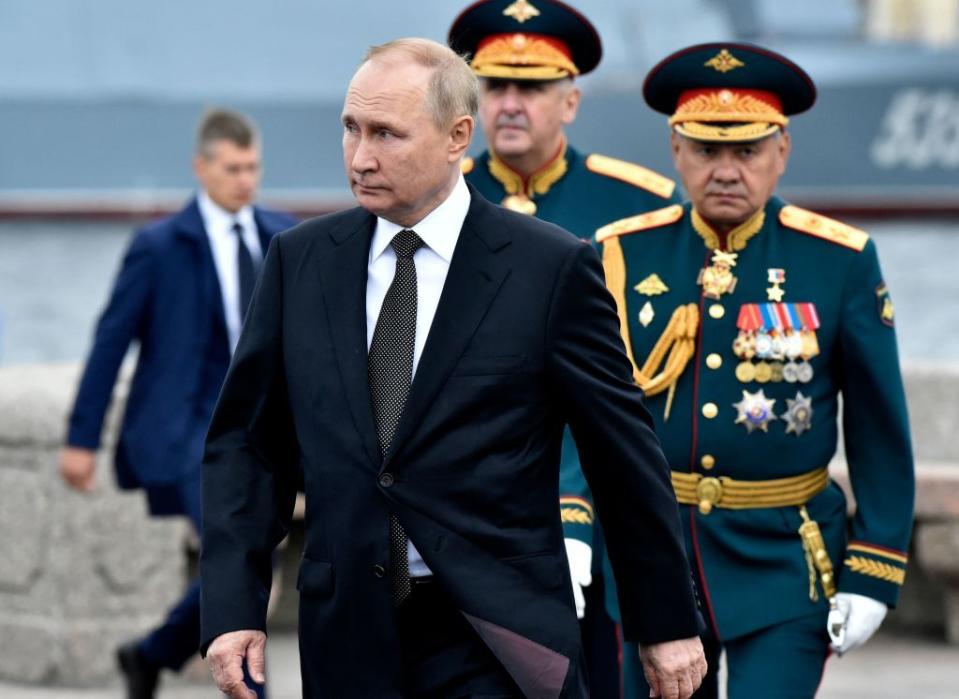European Parliament calls for ICC arrest warrant against Lukashenko
- Oops!Something went wrong.Please try again later.
- Oops!Something went wrong.Please try again later.
The European Parliament called on the International Criminal Court (ICC) on July 18 to issue an arrest warrant against Belarusian dictator Alexander Lukashenko.
"With the International Criminal Court (ICC) already having issued arrest warrants for Russian President Vladimir Putin and Russian Children's Rights Commissioner Maria Lvova-Belova, MEPs call on the ICC to consider a similar arrest warrant for (Alexander Lukashenko)," the parliament said in its statement.
The EU's legislative body stressed that Belarus under Lukashenko's regime bears responsibility for crimes committed against Ukraine, particularly for the deportation of Ukrainian children.
The parliament called for "all necessary steps at the international level" to ensure the criminal prosecution of Belarusian leaders responsible for these acts.
In a broad denouncement of Lukashenko's regime, the parliament condemned its human rights abuses, voiced opposition to the participation of Belarusian athletes in the 2024 Paris Olympic Games, and called for the release of political prisoners and tougher EU sanctions.
The statement also warned of the growing subordination of Belarus toward Moscow and called on the EU to more decisively support Belarusian democratic opposition.
The Belarusian anti-government organization National Anti-Crisis Management submitted evidence to the ICC on June 27 that Lukashenko and other Belarusian and Russian officials are responsible for the forced deportation of at least 2,100 Ukrainian children to Belarus.
Ukraine's Ombudsman Dmytro Lubinets also said that Ukrainian children, as well as prisoners of war, are being transported to Belarus with the knowledge of authorities in Minsk.
The ICC issued an arrest warrant against Putin and Lvova-Belova on March 17 for organizing the illegal transfer of children, whose numbers amount to over 19,500 according to a Ukrainian government database "Children of War."



